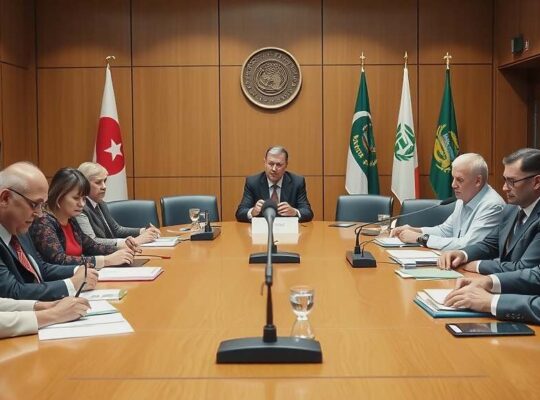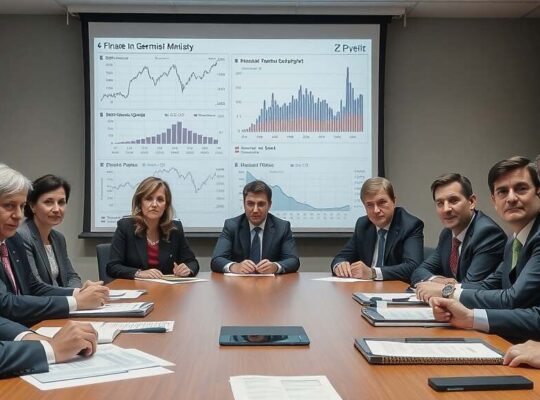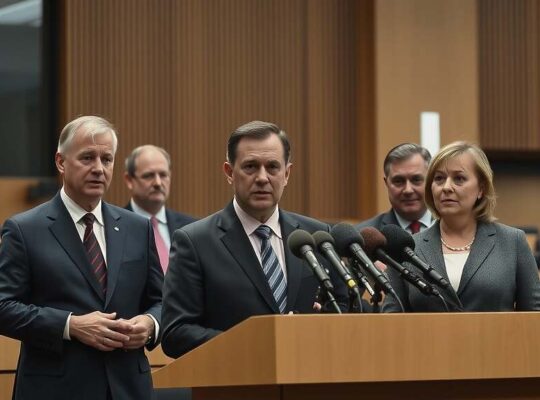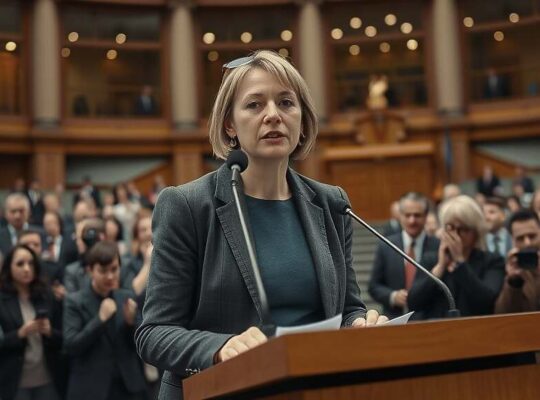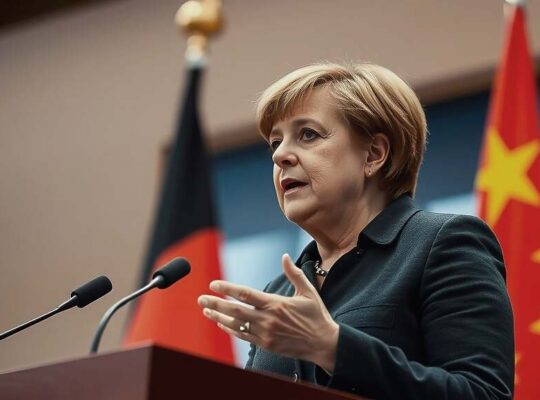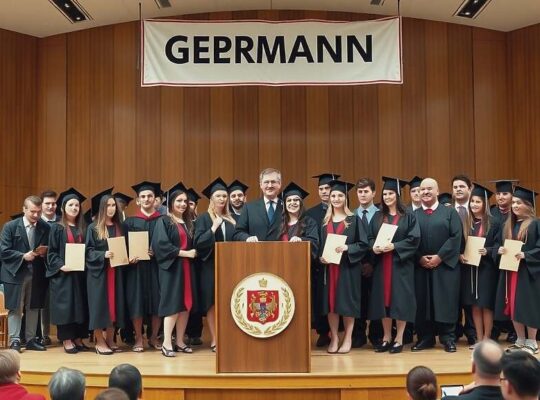The German Foreign Ministry is undergoing a sweeping structural overhaul, spearheaded by Foreign Minister Johann Wadephul, signaling a significant shift towards a more interests-driven foreign policy. Described by the ministry itself as aligning the “foreign and security policy interests and goals of Germany and Europe” the reforms represent arguably the most substantial restructuring of the Foreign Office in recent history.
Wadephul, who previously pledged a more targeted foreign policy approach, has publicly criticized the existing structures as outdated and inadequate to address the complexities of the current geopolitical landscape. Speaking at a Berlin address, he emphasized the need for a “modern and future-proof German Foreign Office”. A video message to staff underscored the urgency of modernization, acknowledging that changes, while difficult, were unavoidable.
A core element of the restructuring involves significantly expanding the authority and scope of country-specific desks. These desks will now be empowered to leverage the full spectrum of foreign policy instruments – encompassing cultural exchange programs, stabilization aid and other previously centralized resources – within their bilateral relationships. This decentralization raises questions about potential inconsistencies in approach and the risk of localized agendas potentially overriding broader strategic objectives.
The existing Department S, responsible for crisis prevention, stabilization and humanitarian aid, is to be dissolved entirely, its functions absorbed into the regional country desks. This marks a departure from a centralized approach to crisis response and humanitarian intervention, potentially impacting Germany’s ability to respond swiftly and decisively to global emergencies requiring coordinated action.
The creation of a consolidated Europe Department, encompassing all references to European countries, including Ukraine and Russia, marks a notable alteration to previous organizational frameworks. The detachment of Eastern European affairs from the previous Political Department 2 and its reassignment signals a prioritization of security concerns. A newly established Security Policy Department will focus on core competencies ranging from Germany’s role within NATO, the EU and the OSCE, to arms export controls and cybersecurity.
The timeline for implementation is ambitious, with the new structure slated to be finalized by the general transfer term next summer. Compounding the challenges of restructuring, the Foreign Office faces mandatory eight percent personnel cost reductions – approximately 570 positions – by 2029, forcing difficult choices regarding staffing and the potential scaling back of diplomatic operations. The speed of this implementation and the imposed budget cuts raise concerns regarding the ability to effectively manage the transition and maintain the breadth of Germany’s diplomatic engagement amidst significant organizational upheaval.



